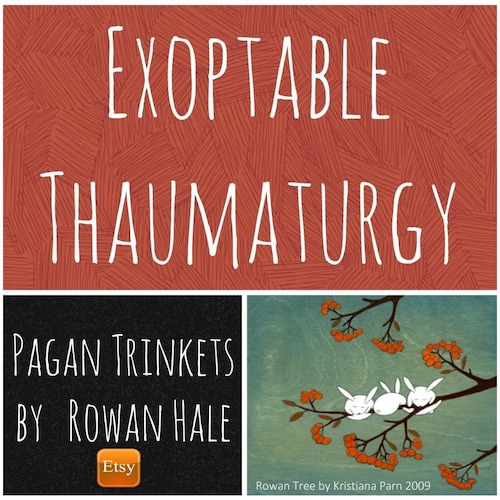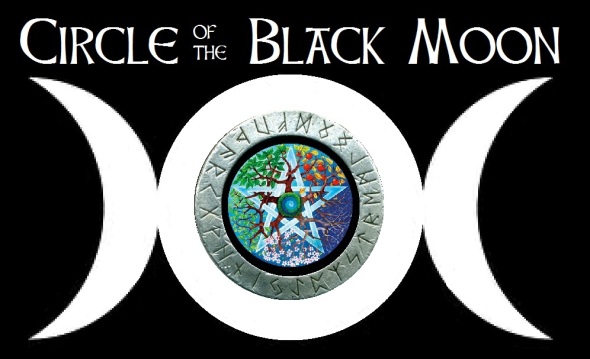Matronalia 2016

Last month, I posted about Lupercalia, and finding ways to make old holidays and traditions meaningful in today’s fast-paced world. Continuing in that vein, I thought I’d write about the ancient Roman festival of Matronalia. Traditionally, March 1st was the beginning of the new year, which made Matronalia was the first festival celebrated each year. That makes sense, considering that March is typically consistent with the beginning of Spring and the Earth coming back to life; ‘giving birth’, so to speak, to flowers and greenery after the long Winter sleep. Dedications to Juno, the Goddess of Birth and Motherhood and women in general, were made by everyone in Roman culture, from unmarried women, to new parents, to older women – everyone had reason to celebrate.
While Matronalia may be an ancient holiday, we have remnants of this festival in our own culture in Mother’s Day. Even though that’s absolutely a thing I make time for in May, as a mom myself, and as someone who works with women, birth and new mothers, I can’t help but like the idea of celebrating motherhood anytime the opportunity presents itself, and Matronalia, with the traditional celebration of these themes is a holiday very near to my heart.
One of the things I love about motherhood is the transformation. It’s not just ‘having a baby’ – there’s this whole world of transformation that goes on when a woman BECOMES a mother. It’s not something that happens to her; it’s a transition that she undergoes to become this whole other, new being. This is where the power and allure of Goddess-based worship lies for me; in the creative power that She both embodies and gifts to women, and the experience that I personally, as a woman, have undergone, and have witnessed in countless other women over the years.
So how does one go about translating an ancient festival into modern-day practice?
Since my personal fascination with motherhood is where my focus is, that makes it easy for me to create a framework to work from to craft my own version of a Martonalia celebration. Depending on where you are in your path, your framework might start with a different focus; fertility, protection or even gratitude. If your focus is motherhood or birth/transformation, then you might start with looking for deities that appeal to you within that frame – those dealing with birth, protection, mothers, babies and the like. Juno, since it was Her festival originally, is the obvious deity of choice, but if you don’t follow a strictly Roman of Greek path, She might not work for you. Depending on your path and needs, you might feel comfortable including other deities that have meaning for you. Lucina (another name for Juno), Ilithyia, Demeter (Roman and Greek); Haumea (Polynesian); Renenet, Hathor, Bes, Heket, Iat, Isis and Taweret (Egyptian); Frigg and Freya (Norse); Danu (Celtic) all could have a place during your celebration.
From there, you may start gathering items that symbolize whatever the basis for your celebration is focused on: femininity, motherhood, fertility and the bounty that ‘mother earth’ provides, protection, gratitude – whatever feels right for your needs. You may also choose to represent things sacred to any of the deities you choose to invoke, like foods, flowers, animals, stones, shells, incense and other such tangible items that feel appropriate. Since this holiday festival celebration isn’t one that’s common today, you can really do whatever you like with it, as long as you do so respectfully.
For my personal celebration, I am taking the time this year to reflect on the changes that my life has undergone since becoming a mother, and in gratitude that it’s been a relatively easy transition. Since peacocks were one of the birds sacred to Juno, and figs were a favored food, I am decorating my altar with peacock feathers, and doing a simple ritual with incense made from dried fruits and honey, and a simple cakes and ale with milk and figs.
How are you celebrating Matronalia this year?
Brightest Blessings,


















Pingback: Beyond Pagan 101 | Rowan Hale